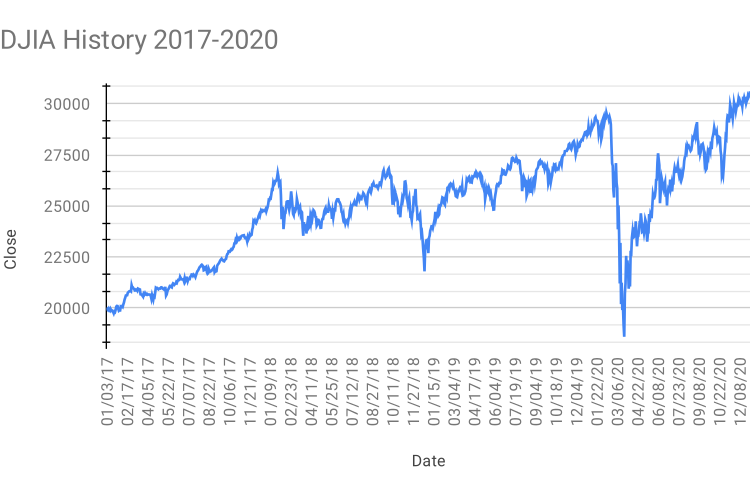Don’t let market chaos dictate your investment strategy—learn to think critically!
- Market volatility often leads to misleading explanations from strategists and pundits.
- Critical thinking is essential for long-term investors during turbulent times.
- Recent market fluctuations were driven by human behavior rather than fundamental changes.
- Understanding the context of market movements can help mitigate panic.
- Investors should focus on the bigger picture rather than sensational headlines.
In the face of market volatility, it’s crucial to stop seeking logical explanations for every fluctuation. Recent events, such as the Japanese stock market’s significant drop followed by a swift recovery, highlight how quickly perceptions can change. On August 5, the Japanese market fell 12.4%, while U.S. stocks dropped 3%, causing the VIX index to spike. However, the very next day, Japan rebounded by 10%, and the S&P 500 gained 1%. This inconsistency raises the question: were the values of these corporations truly affected so drastically? The answer is no. The human mind often craves a plausible narrative to explain such volatility, but these stories can lead to misguided trading decisions. Historical market crashes, like those in 1929 and 1987, remain largely unexplained, yet analysts quickly jump to conclusions about current events. The reality is that markets are influenced by human behavior, which can be erratic and contagious. Paul Samuelson, a Nobel laureate, noted that while markets are efficient at processing information about individual stocks, they struggle with broader economic trends. This macro-inefficiency can lead to sudden price swings that don’t reflect underlying values. Investors must be cautious of emotional triggers that can lead to panic selling. For instance, headlines like ‘DOW PLUNGES MORE THAN 1,000 POINTS’ can distort reality. By focusing on the context—like the percentage drop rather than the raw number—investors can maintain perspective. Similarly, reports of retail investors panic-selling can be misleading when viewed in the context of overall market participation. Understanding these dynamics and learning to question sensational statistics is vital for long-term investment success. Instead of succumbing to fear, investors should cultivate a critical mindset to navigate the unpredictable nature of markets.·
Factuality Level: 6
Factuality Justification: The article provides a mix of factual information about market movements and investor behavior, but it also includes subjective interpretations and opinions that may not be universally accepted. While it discusses the volatility in the markets and offers some statistical analysis, it leans towards sensationalism in its language and presents some arguments that could be seen as biased or lacking in rigorous evidence.·
Noise Level: 8
Noise Justification: The article provides a thoughtful analysis of market volatility, emphasizing the importance of critical thinking and understanding statistics. It critiques the misleading narratives often presented by financial commentators and offers actionable insights for long-term investors. The use of evidence and examples to support claims enhances its credibility, while the focus on the psychological aspects of market behavior adds depth to the discussion.·
Public Companies: JP Morgan (JPM), S&P 500 (SPX), Dow Jones Industrial Average (DJIA)
Key People: Jason Zweig (Investment strategist and writer), Paul Samuelson (Nobel laureate in economics), Robert Shiller (Yale economist and Nobel laureate)
Financial Relevance: Yes
Financial Markets Impacted: The article discusses significant fluctuations in the Japanese stock market and the U.S. stock market, including the VIX index, which indicates volatility and investor sentiment.
Financial Rating Justification: The article analyzes recent market events, including sharp declines and recoveries in stock prices, and emphasizes the psychological aspects of investing, making it highly relevant to financial topics.·
Presence Of Extreme Event: Yes
Nature Of Extreme Event: Financial Crash or Crisis
Impact Rating Of The Extreme Event: Major
Extreme Rating Justification: The article discusses a significant drop in the Japanese stock market, which experienced its worst day since 1987, with a 12.4% decline. This was accompanied by a notable slump in U.S. stocks and a sharp increase in market volatility, indicating a major financial crisis with potential long-term economic implications.·
Move Size: 12.4%
Sector: All
Direction: Down
Magnitude: Large
Affected Instruments: Stocks
 www.wsj.com
www.wsj.com 





